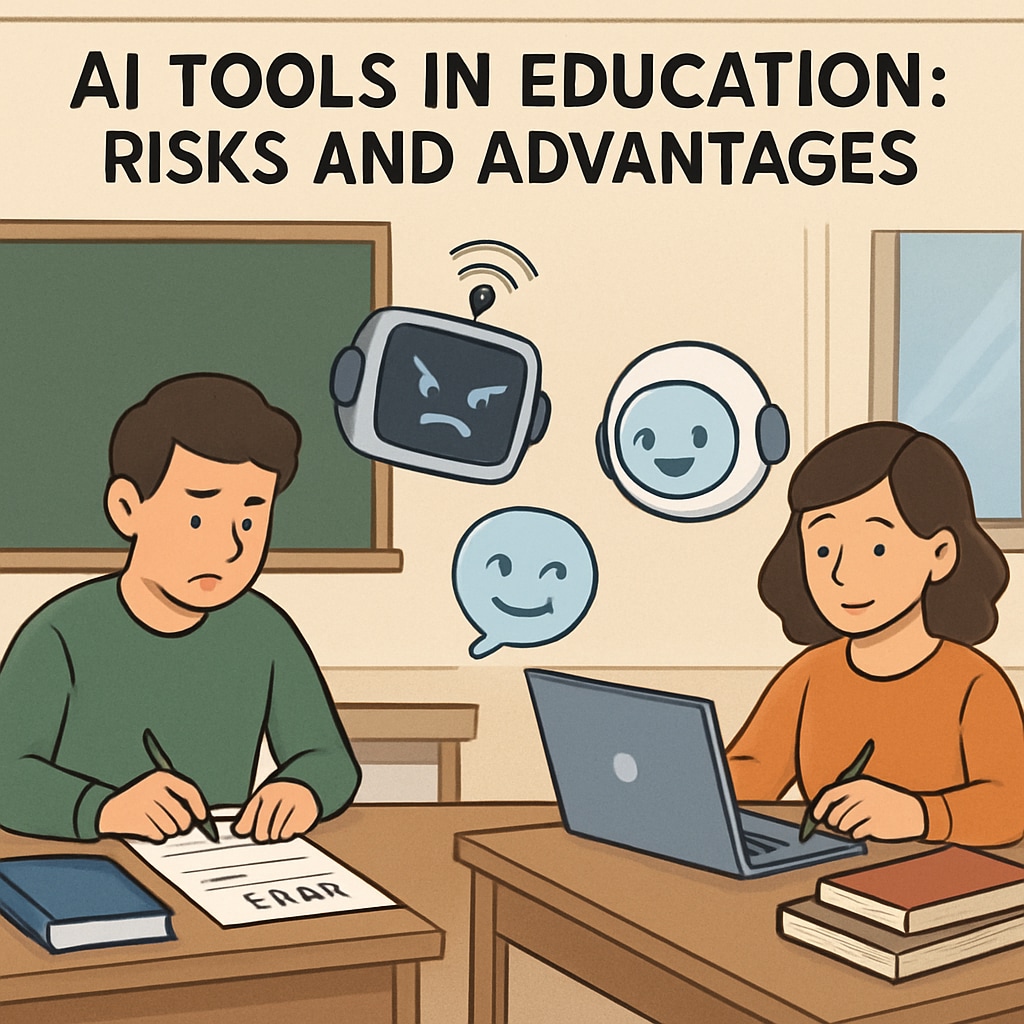The emergence of artificial intelligence (AI) is rapidly reshaping various aspects of society, including education. In K12 systems, traditional competitive exams, which have long served as the primary mechanism for talent selection, are facing unprecedented challenges due to AI’s capabilities. With tools like ChatGPT and AI-powered learning platforms becoming widely accessible, the need to rethink and reform competitive examination models has become critical for ensuring fairness and effectiveness in talent evaluation.
Why Competitive Exams Are at Risk in the AI Era
Competitive exams have traditionally relied on standardized testing methods to assess students’ knowledge, skills, and problem-solving abilities. However, AI technologies are disrupting this equilibrium. For example, AI tools can assist students in solving complex problems, generating essays, and even simulating test environments. While these advancements are beneficial for learning, they blur the line between a student’s actual proficiency and their ability to use AI tools effectively.
- Automation and Cheating: AI can enable students to bypass traditional measures of assessment, raising issues of academic integrity.
- Unequal Access: Not all students have equal access to AI tools, potentially exacerbating educational inequalities.
- Skill Misalignment: Exams that fail to account for AI-driven enhancements may no longer reflect a student’s true capabilities.

Reforming Competitive Exams for Fair Talent Selection
To address these challenges, K12 education systems must evolve their examination structures. Reforming competitive exams in the AI era involves integrating new methods that leverage technology while maintaining fairness and inclusivity. Here are some proposed strategies:
- Incorporating AI Literacy: Exams should test students’ understanding of AI tools and their ethical use.
- Project-Based Assessments: Shifting focus from standardized tests to real-world projects can provide deeper insights into students’ abilities.
- Dynamic Question Formats: Adaptive testing, powered by AI, can create personalized challenges suited to each student’s skill level.
- Collaborative Evaluations: Encouraging teamwork and group problem-solving in exams can highlight interpersonal and collaborative skills.

Balancing Fairness and Technological Advancement
While reforming competitive exams is essential, striking a balance between technological advancement and equity remains a challenge. Policymakers, educators, and technology developers must collaborate to design systems that are accessible to all students, regardless of socio-economic background.
For example, governments and educational institutions can invest in infrastructure to ensure equal access to AI tools. Additionally, educators can emphasize ethical AI usage and critical thinking skills to prepare students for future challenges.
Education in the AI Era on Wikipedia provides further insights into how global educational systems are adapting to these changes. Similarly, Britannica’s coverage on AI in education explores the broader implications of AI integration.
Conclusion: Building a Future-Ready Education System
Artificial intelligence is reshaping competitive exams and talent selection processes in K12 education. While this transformation presents challenges, it also offers opportunities to create more inclusive and effective evaluation systems. By embracing AI-driven reforms and prioritizing fairness, educators can ensure that competitive exams remain a meaningful tool for identifying and nurturing talent.
As a result, the integration of AI in education should be seen not as a threat, but as a catalyst for innovation—one that paves the way for a future-ready education system that benefits all learners.


